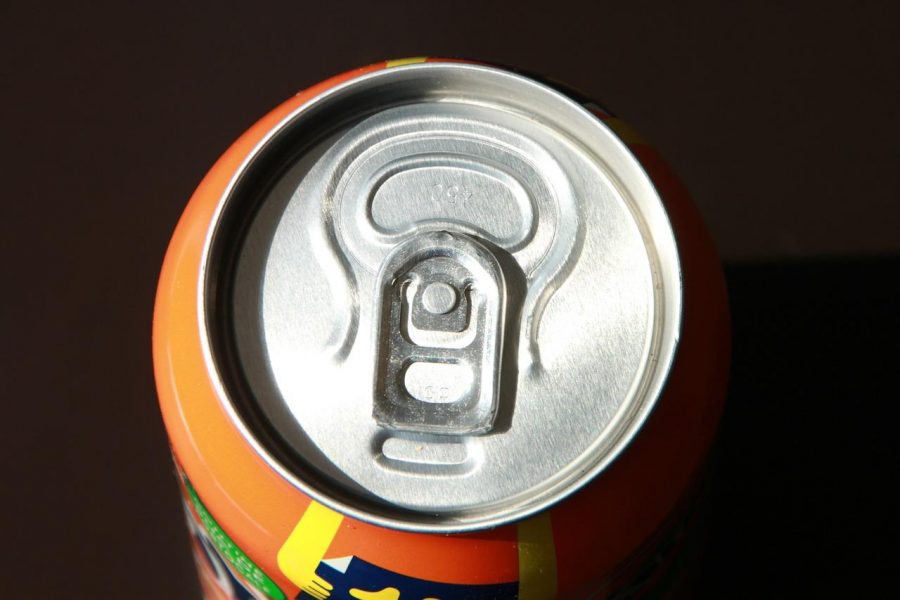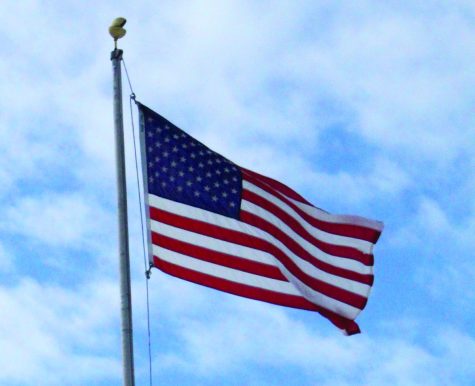Taxing sugary drinks could combat obesity
July 20, 2013
Obesity has become more prevalent in America over the past few decades than ever before. Although the culprits are plentiful, ranging from lack of exercise to the multitudes of fast food consumed each year, legislation has recently targeted sugary drinks. A tax on sugary drinks has been proposed recently and in conjunction to other taxes and preventative measures, will combat obesity.
More than ever, juices, sports drinks and sodas have been spiked with high amounts of sugar. For every extra can of sugar laden beverages a child drinks each day, their risk of becoming obese increases by 60 percent.
McDonald’s sells 32 oz of soda for $2.29. That’s almost 3 cans of soda. Up until recently, McDonald’s gave the option to purchase 44 oz for just a little bit more. That is an extra can of soda that nobody really needs. By making drinks more expensive, people will be more likely to purchase other beverages, such as water.
According to the Center for Science in the Public Interest, “Americans spend approximately $147 billion a year on medical expenditures related to obesity, of which half is paid with Medicare and Medicaid dollars.”
A meager 1 cent increase per 12-oz of soda would raise about $1.5 billion every year. Although it only makes a small dent in the amount spent on medical care related to obesity, a tax of 8 cents would raise $11 billion. Less than a dime extra on soda could be saving money in the long run if it means discouraging people from drinking so many sugary beverages and encourages people to make healthier decisions.
Something that has been irritating for health conscious people has been the fact that water is more expensive than soda. It might not always be the case depending on brands, but more often than not, soda is cheaper. This happens because of supply and demand. Soda is in higher demand which makes advertising cheaper, and in turn soda is less expensive. If the government raises the price of soda, demand will go down. And while demand for soda goes down, hopefully studies will show that more people are purchasing water.
Many states have already implemented a soft drink tax, however, these taxes are only raising millions of dollars, not the billion that would result from a nation-wide tax increase and are not discouraging people from buying. As disheartening as this sounds, if taxes are big enough to generate revenues and discourage buyers, it will do the job and help combat obesity.












